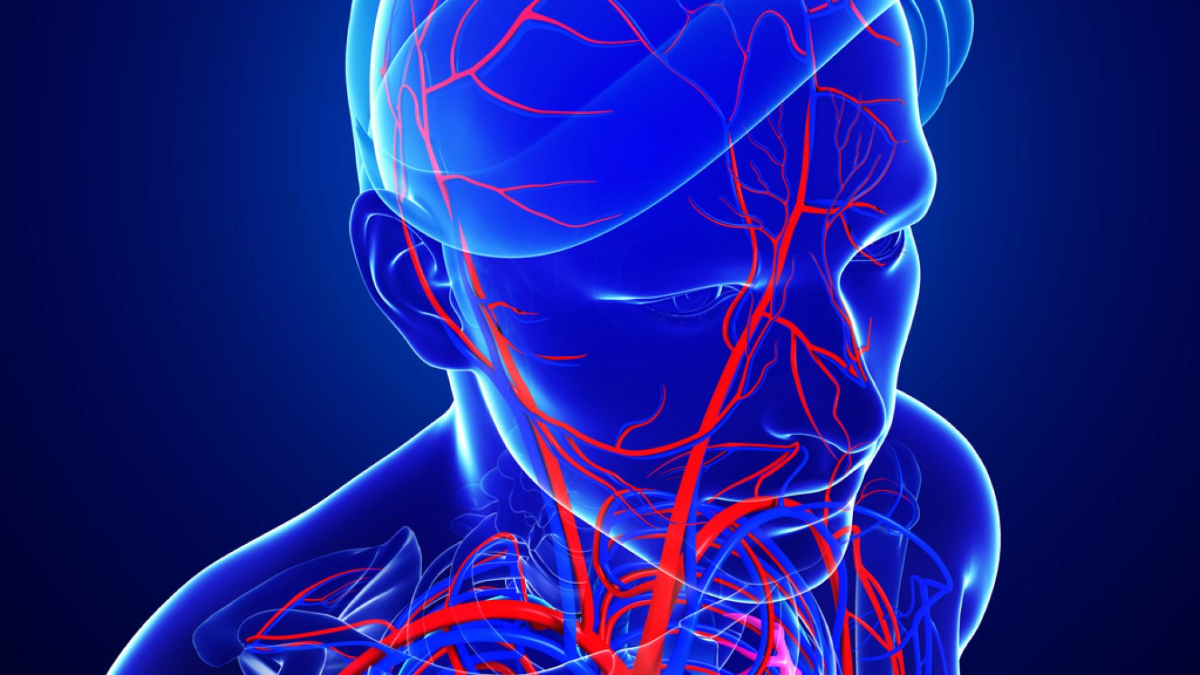
Even as a sleep-deprived and inexperienced intern several decades ago, I knew something was wrong when I was asked to evaluate Mrs. M, a woman well into her 90s who was admitted for care of “dementia.” She was reputed to have been sharp as a tack until the preceding week. Following the operation that repaired her cataracts, which in those days meant a period of patched eyes and bedrest, her behavior changed quickly and dramatically. Her lovely personality became irritable and angry. Her language became abusive. She scratched a caregiver in her nursing home who was trying to help her get dressed.
It seemed very likely to me that Mrs. M’s sudden change in behavior had more to do with her operation than with a progressive neurological condition.
A Condition that Can Fool Even Experienced Doctors
Mrs. M was suffering from delirium, then called acute organic brain syndrome, resulting in rapidly changing mental states, confusion, and changes in behavior. She returned to her previously healthy cognitive status very quickly after her eye patches were removed, and her post-operative recovery continued.
The lesson I learned from her recovery was that delirium can fool even experienced doctors into misdiagnosing dementia, which is now called major neurocognitive disorder. Confusion, disorientation, and memory impairment are signs of delirium that are shared with dementia.
Delirium looks very different, though, in other ways. It comes on rapidly, often after a medical or surgical event, or toxic combination of medications. It is accompanied by shifting alertness, resulting in moments of sleepiness alternating with moments of agitation. Delirium is more often associated with visual hallucinations or psychotic delusions than dementia. And, most importantly, delirium can often be reversed once the cause is found and treated.
Its causes are many and include infection, metabolic disturbances, toxic medication reactions, withdrawal from alcohol, and the effects of head injury, just to name a few.
Delirium is only one of a long list of reversible or partly reversible medical conditions that can mimic dementia and mislead doctors into assigning the wrong diagnosis. When the patient’s condition is labeled incorrectly, some terrible things begin to happen. The search for treatable conditions may be stopped too early. Hopelessness can set in. The wrong medication might be prescribed. The opportunity to improve the patient’s health and quality of life may be lost, perhaps forever.
What makes this especially tragic is that distinguishing delirium from dementia is usually not too difficult and only requires careful attention to history, symptoms, physical and mental status examinations, and the results of common laboratory tests.
I’m going to discuss a few of the many medical disorders that can interfere with cognition and mimic dementia. It will not surprise you to learn that many kinds of disorders can present with real or apparent memory disturbances.
Dementia-like Disorders
Head Trauma
Starting at the top of the body, head injury tops the list because of the risk of trauma to the brain. A fall, even one that seems less serious, can be followed by significant cognitive problems. When this is due to a concussion, symptoms usually improve over time with supportive care. A limited post-traumatic bleed inside the skull can interfere with cognitive functioning by leading to a collection of blood called a subdural hematoma.
Normal Pressure Hydrocephalus
Another condition that can create cognitive impairment is normal pressure hydrocephalus, a disorder in which fluid that travels between the spine and the brain accumulates in the ventricles (cavities) of the brain and interferes with thinking, memory, walking, and control of urination.
Problems with Vision and Hearing
Sensory limitations, too, can create symptoms similar to cognitive impairment. Those symptoms may worsen as the affected person becomes increasingly isolated because of hearing or vision problems. Recent research has emphasized that there is a relationship between hearing loss and the risk for the development of cognitive impairment.
Heart and Lung Disorders
The heart and lungs provide the brain with oxygen and nutrients that are necessary for proper functioning. Age is often accompanied by vascular (blood vessel) disease that interferes with cardiac output or lung disease that interferes with the delivery of oxygen to the brain. These underlying diseases can cause dementia and what’s commonly known as vascular dementia (which can sometimes occur along with Alzheimer’s-related dementia). They can also affect alertness, memory, and executive function.
Liver and Kidney Disease
Diseases of the kidney or liver can result in an accumulation of toxic metabolic waste products in the blood, dulling the mind or poisoning mental activity and sometimes resulting in dementia.
Hormone Disruption
Disorders of the endocrine organs, responsible for making hormones that are transported through the bloodstream to control many metabolic activities, are additional causes of dementia-like symptoms. An excess or deficiency of thyroid hormone interferes with thinking. Disturbances in the regulatory effects of insulin, a hallmark of diabetes mellitus, harm cognition along with other bodily functions.
Infections
Some infections produce a prolonged change in mental functioning that lacks signs clearly linked with delirium. Lyme disease, syphilis, or HIV, for example, are capable of mimicking dementia.
Cancers
Some cancers are associated with cognitive and behavioral changes. These can occur through local effects of a tumor (for example, by invading or compressing brain tissue) or because of tumor effects on the immune system in which antibodies against the brain are formed, producing a “paraneoplastic syndrome.”
Toxic Metals
Heavy metal toxicity, too, can create more stable changes that could go unrecognized without specific testing.
Malnourishment
A person who is not receiving an appropriate amount of nutrients and micronutrients can exhibit symptoms of cognitive decline. Sometimes mistaken for dementia, malnourishment is a concern for older adults as tasks like meal preparation may become more challenging.
How Doctors Make an Accurate Diagnosis
Fortunately, many of these medical conditions are treatable, and some are even curable. An assessment for dementia should always include tests to look for these treatable conditions so that no patient must suffer needlessly from an untreated and debilitating condition. The mental status examination should give clues to the presence of delirium or certain other medical disturbances, and this examination is followed up by physical examination and tests of the blood and urine.
Lyme or syphilis tests, lumbar puncture, heavy metal screen, urine culture, chest X-ray, recording brain activity (electroencephalogram), brain imaging scans, and amyloid blood tests may be appropriate tests for people whose symptoms suggest the need for these additional, more costly, and sometimes more invasive tests.
Summary
Mrs. M’s recovery from delirium showed her caregivers that sometimes, even a severe cognitive disturbance can be effectively treated. It is the clinician’s job to think beyond the diagnosis of dementia and consider other possible causes of symptoms, some of which may be treatable. Recognizing the medical mimics of dementia opens the door to treatment, recovery, and a better quality of life for patients and those who care for them.
About BrightFocus Foundation
BrightFocus Foundation is a premier global nonprofit funder of research to defeat Alzheimer’s, macular degeneration, and glaucoma. Since its inception more than 50 years ago, BrightFocus and its flagship research programs—Alzheimer’s Disease Research, Macular Degeneration Research, and National Glaucoma Research—has awarded more than $300 million in research grants to scientists around the world, catalyzing thousands of scientific breakthroughs, life-enhancing treatments, and diagnostic tools. We also share the latest research findings, expert information, and resources to empower the millions impacted by these devastating diseases. Learn more at brightfocus.org.
Disclaimer: The information provided here is a public service of BrightFocus Foundation and is not intended to constitute medical advice. Please consult your physician for personalized medical, dietary, and/or exercise advice. Any medications or supplements should only be taken under medical supervision. BrightFocus Foundation does not endorse any medical products or therapies.
- Other Dementias








